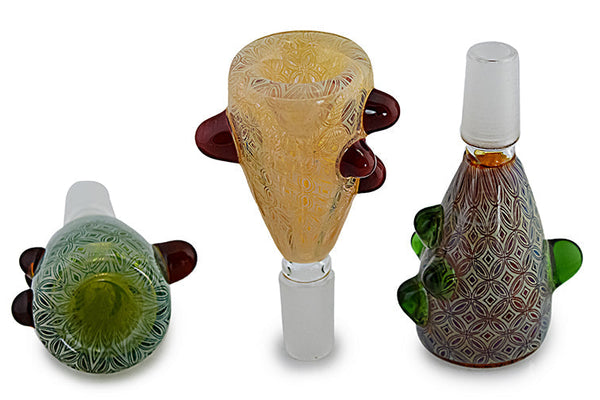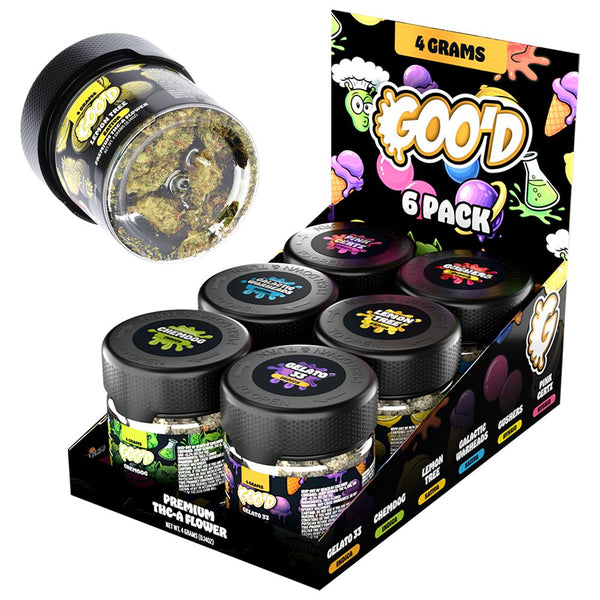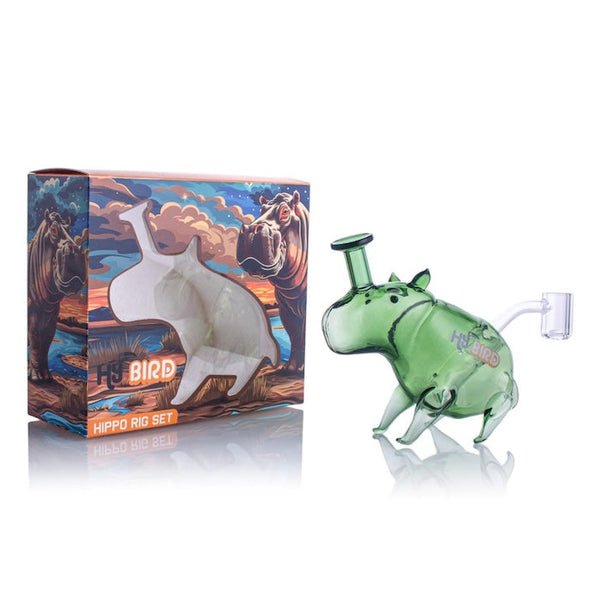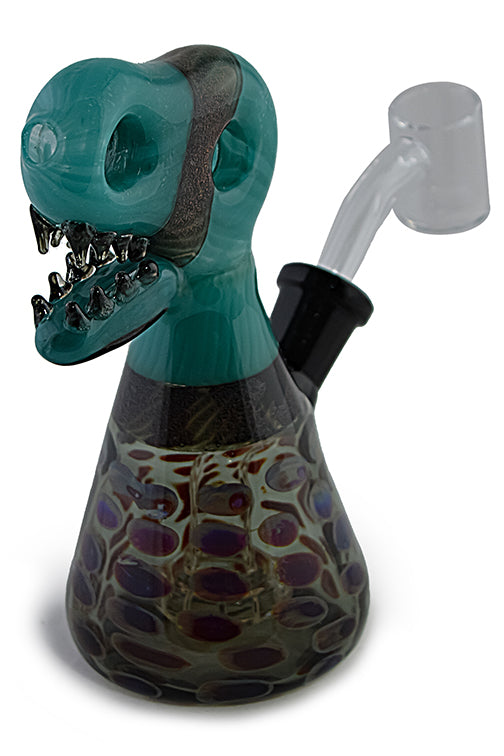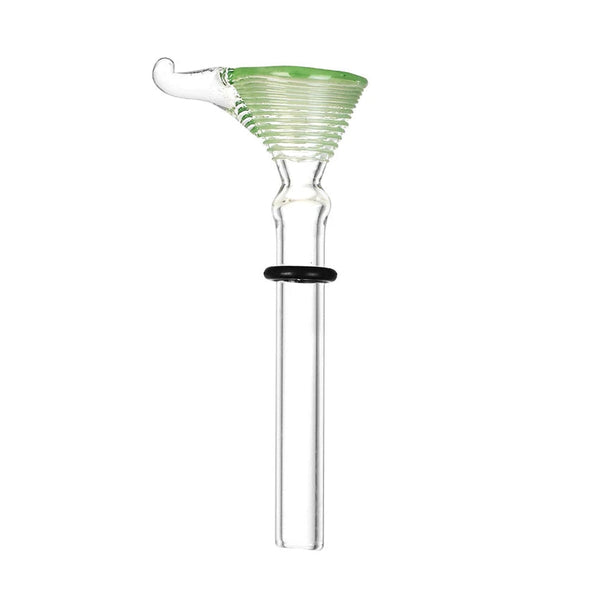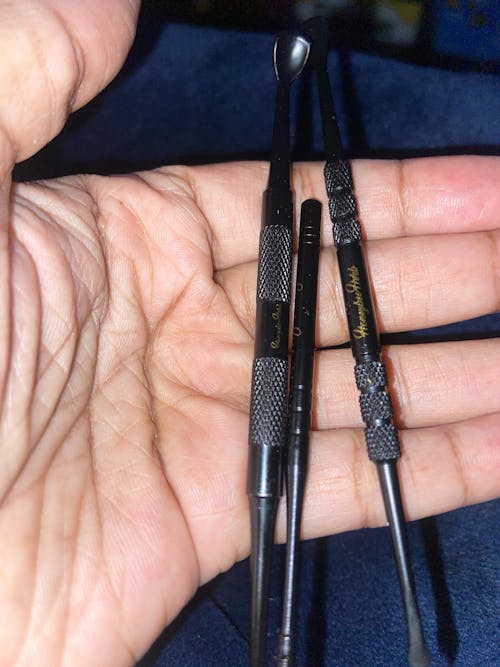Is Dabbing Illegal in the United States? Understanding the Laws and Regulations

Is dabbing illegal in the United States? Many cannabis users ask this question, especially with laws changing rapidly. The confusion often arises from the mix of federal rules and individual state regulations.
Some people worry about enjoying their concentrates safely without breaking the law.
Dabbing involves using potent cannabis extracts like THC wax or butane hash oil (BHO). These substances carry higher THC levels than traditional marijuana products. While some states allow them for medical or recreational use, others consider them illegal under drug possession laws.
This blog will explain what dabbing is and how U.S. laws apply to it. Readers will learn where it's legal, where it's not, and why understanding these rules matters. Keep reading to know your rights!
What Is Dabbing?
Dabbing involves using concentrated cannabis products for a potent experience. It has gained popularity among users seeking stronger effects compared to traditional smoking methods.
Definition of dabs and cannabis concentrates
Dabs are concentrated forms of cannabis, derived from marijuana to isolate cannabinoids like THC. These concentrates can contain up to 80% THC and sometimes even exceed 90%, making them far more potent than standard cannabis products.
Common textures include shatter, wax, budder, crumble, live resin, live rosin, and sugar wax.
Cannabis concentrates are made by extracting the plant’s active compounds such as THC using methods like heat or solvents. This process produces a sticky oil or solid substance known as cannabis resin.
Quote: “Concentrated marijuana delivers a stronger experience due to its high THC content.”.
How dabs are consumed
Users consume dabs by vaporizing cannabis concentrates like wax, shatter, or oil. This process involves heating the concentrate on a hot surface, often referred to as a banger or nail, using a torch or electronic heat source.
The user then inhales the vapor through a dab rig or portable vape pen. These devices allow for precise temperature control to ensure efficient extraction and inhalation of cannabinoids.
Portable e-rigs and vape pens offer convenience for those seeking an easier method. Some prefer traditional rigs with torches, while others opt for electric models with heating coils to reduce risks associated with open flames.
Homemade setups can be dangerous due to potential fire hazards during production involving flammable solvents like butane. Safe equipment choices reduce these risks significantly while providing clean and controlled dabbing experiences.
Legal Status of Dabbing in the United States
Dabbing laws in the United States vary widely based on federal and state regulations. Understanding these differences helps users stay informed about their rights and potential legal risks.
Federal laws on dabbing and cannabis concentrates
Federally, cannabis, including marijuana concentrates like butane hash oil and cannabis wax, remains illegal. The U.S. government classifies it as a Schedule I controlled substance under the Controlled Substances Act of 1970.
This classification places dabs and concentrated cannabis products in the same category as heroin and LSD due to their high potential for abuse and no accepted medical use at the federal level.
Transporting extracted cannabis or THC concentrates across state lines is against federal law, even if both states have legalized marijuana. Federal enforcement focuses on large-scale trafficking rather than personal use, but risks still exist.
Violations can lead to severe penalties, including fines or imprisonment, depending on the amount seized.
“No matter your state’s stance on cannabis legalization, federal laws still reign over interstate transport.”
Variations in state laws
Dabbing laws differ across the United States due to varying cannabis regulations. State-specific rules determine if dabbing is legal or prohibited.
- Cannabis remains federally illegal, including THC concentrates used for dabbing. Federal law enforces this under the Controlled Substances Act.
- California and Colorado allow recreational and medical cannabis use, including dabs. These regulations support broader marijuana legalization efforts in the U.S.
- Texas prohibits all forms of cannabis, including dabbing. Violations carry steep penalties, like fines or jail time.
- As of March 2023, 36 states and Washington, D.C., have legalized some form of cannabis consumption. This includes varying allowances for THC concentrates.
- States with medical marijuana programs often regulate possession limits for concentrates like dabs. Rules vary depending on state-approved conditions.
- Marijuana extracts remain illegal in many conservative states. These locations enforce strict penalties against possessing or consuming concentrates.
- Some states only permit low-THC products for medical purposes. These products exclude high-potency options typically used in dabbing.
- Local jurisdiction differences within states can impact enforcement practices on cannabis use regulations, including dabs.
- Traveling with THC concentrates across state lines can lead to violations of federal drug trafficking laws, even if both states permit cannabis use.
- Variations in marijuana consumption laws make it essential for users to know their local state policies before purchasing or using dabs.
Cannabis legalization efforts across states
Cannabis laws in the United States vary greatly between states. Efforts to legalize cannabis continue to reshape state policies and federal discussions.
- The Marijuana Opportunity Reinvestment and Expungement (MORE) Act plays a crucial role in legalization efforts. Introduced in 2019, it passed the House in 2020 but not the Senate.
- Legalization campaigns focus on both medical and recreational cannabis use across different states.
- Over 20 states have fully legalized recreational use, with Colorado leading the way in 2012.
- Medical marijuana laws are active in most states, helping patients access treatments legally.
- Some states like Texas still maintain strict anti-cannabis policies despite public support.
- Statewide ballot measures often decide legalization outcomes during major elections.
- Public approval for cannabis legalization has grown steadily over the years, reaching over 60%.
- Federal law still classifies marijuana as a Schedule I drug despite state-level progress.
- The federal government generally avoids interfering with state-legalized cannabis markets.
- Advocacy groups push for consistent national laws to reduce confusion among users and businesses.
Legalization remains an ongoing issue shaped by many factors, including public opinion and political backing.
States Where Dabbing Is Legal
Several states allow dabbing under recreational or medical cannabis laws. Legalization efforts continue to expand access across the country.
States with recreational legalization
In the United States, several states allow recreational cannabis use, including dabbing. These states have established frameworks for the legal sale, possession, and consumption of cannabis products. Below is a summary of states with recreational legalization:
| State | Legalization Year | Possession Limits |
|---|---|---|
| Alaska | 2014 | 1 ounce |
| California | 2016 | 1 ounce, 8 grams of concentrates |
| Colorado | 2012 | 1 ounce |
| Washington | 2012 | 1 ounce flower, 7 grams concentrate |
| Oregon | 2014 | 1 ounce in public, 8 ounces at home |
| Nevada | 2016 | 1 ounce flower, 3.5 grams concentrate |
| Maine | 2016 | 2.5 ounces |
| Massachusetts | 2016 | 1 ounce in public, 10 ounces at home |
| Michigan | 2018 | 2.5 ounces |
| Illinois | 2019 | 30 grams flower, 5 grams concentrate |
| Arizona | 2020 | 1 ounce, 5 grams concentrate |
| Montana | 2021 | 1 ounce |
| New York | 2021 | 3 ounces flower, 24 grams concentrate |
| New Mexico | 2021 | 2 ounces flower, 16 grams concentrate |
| Connecticut | 2021 | 1.5 ounces in public, 5 ounces at home |
| Rhode Island | 2022 | 1 ounce |
| Maryland | 2023 | 1.5 ounces flower, 12 grams concentrate |
| Missouri | 2022 | 3 ounces flower |
| Vermont | 2018 | 1 ounce |
These states regulate cannabis under strict guidelines. Each state sets its possession limits, age requirements, and purchase restrictions. Recreational cannabis laws often prohibit consumption in public spaces. Users should review local regulations before dabbing to avoid violations.
States with medical marijuana allowances
Certain states allow dabs for medical use under specific cannabis regulations. These states provide medical marijuana programs that include cannabis concentrates, like dabs, for patients with qualifying health conditions. Below is a summary of states with medical marijuana allowances.
| State | Legal Status | Key Notes |
|---|---|---|
| California | Legal | Medical marijuana legalized since 1996. Dabs permitted for patients with valid recommendations. |
| Colorado | Legal | Allows medical use of dabs. Patients must register with the state program. |
| Florida | Legal | Patients with qualifying conditions can access cannabis concentrates under medical guidelines. |
| New York | Legal | Medical marijuana includes concentrates. Patients need certification from a licensed practitioner. |
| Pennsylvania | Legal | State permits medical dabbing for patients with severe illnesses. Registration is required. |
Patients must follow state-specific rules when accessing medical dabs. Requirements may include enrollment in state programs, valid medical cards, or physician recommendations.
States Where Dabbing Is Illegal
Several states enforce strict regulations on dabbing and cannabis concentrates. Violating these laws can lead to serious legal consequences, including fines or imprisonment.
Strict cannabis laws and penalties
Texas enforces some of the strictest cannabis laws in the United States. The state bans all forms of cannabis, including dabs and concentrates. Anyone caught with dabbing materials may face serious consequences under state drug enforcement policies.
Legal penalties for illegal dabbing can include steep fines or jail time. Possession violations in states with strict marijuana regulations are treated as controlled substance offenses.
These punishments aim to discourage drug use and trafficking within prohibited areas.
Examples of prohibition in specific states
Cannabis laws in the United States vary widely across states. Some states maintain strict prohibitions against all forms of marijuana, including dabs.
- South Dakota enforces strict drug laws and prohibits cannabis use, possession, and sale, including concentrates like dabs. Violators may face severe penalties under state law.
- In Texas, all cannabis forms, such as marijuana extracts and concentrates, remain illegal. The state classifies these substances as controlled under federal regulations.
- Idaho does not allow any cannabis products or marijuana edibles within its borders. Possession charges can lead to fines or imprisonment depending on amounts found.
- Nebraska criminalizes both recreational and medical use of cannabis, including dabbing products like concentrates or oils. Penalties often increase for larger quantities.
- Kansas prohibits all cannabis-related substances under current legislation. Residents cannot legally purchase or possess dabbing equipment or materials.
Understanding where dabbing is legal helps avoid legal troubles and confusion over state-by-state differences in drug laws.
Understanding Dabbing Equipment and Accessories
Dabbing equipment plays a crucial role in ensuring an efficient and enjoyable experience. Understanding the different tools available helps users make informed choices based on their preferences.
Types of dab rigs and their uses
Dabbing requires specific tools for safe and effective use. Dab rigs come in different types, each designed for a unique experience.
- Glass dab rigs are the most common type. They offer durability and easy customization with accessories like quartz bangers and carb caps.
- E-rigs are electronic dab rigs that include built-in heating elements. These portable options provide precise temperature control without needing a torch.
- Mini dab rigs are smaller versions of traditional ones. They boost flavor by conserving vapor in a compact chamber.
- Silicone dab rigs are ideal for durability and travel purposes. They resist breaking and are simple to clean after sessions.
- Hybrid dab rigs combine glass and silicone parts. This design offers the flavor quality of glass with the strength of silicone components.
- Titanium nails serve as efficient heating surfaces in place of quartz bangers. They heat faster but may influence flavors compared to other materials.
- Water pipes act as an alternative to traditional rigs by adding water filtration benefits during consumption.
- Dab tools, like terp pearls or dishes, improve efficiency when handling concentrates or maintaining even heat distribution within devices.
- Portable vape pens work well for users who need convenience on-the-go while using concentrate oils or waxes discreetly.
- Heating elements such as torches or enails ensure optimal temperatures during sessions for consistent performance every time used!
The significance of electric, mini, glass, silicone, hybrid, and portable dab rigs
Different types of dab rigs offer unique benefits for cannabis users. Each type enhances the dabbing experience based on preference, convenience, and functionality.
- Electric rigs provide controlled heating for precise temperature regulation, ensuring consistent vaporization of concentrates.
- Mini rigs are compact and portable, making them ideal for discreet use and traveling with ease.
- Glass rigs deliver clean hits and preserve the flavor of concentrates due to their non-reactive material.
- Silicone rigs are durable and heat-resistant, perfect for clumsy users or on-the-go sessions without risk of breaking.
- Hybrid rigs combine materials like glass and silicone to offer durability while maintaining excellent flavor quality.
- Portable vaporizers integrate advanced dabbing technology with convenience, allowing users to enjoy dabs anywhere effortlessly.
Importance of dab rig accessories: bangers, torches, carb caps, cleaning tools, dab straws, dab pads, dishes & dabber sets, enails, and nectar collectors
Dab rig accessories play a crucial role in making dabbing safe and effective. Each accessory enhances functionality, improves the user experience, and ensures better results during every session.
- Bangers help heat cannabis concentrates evenly for smoother vapor production. They come in various materials like quartz, titanium, or glass.
- Torches provide a quick and reliable way to heat bangers for optimal temperature control while dabbing. Butane torches are commonly used due to their efficiency.
- Carb caps regulate airflow on dab rigs, ensuring proper vaporization of concentrates at lower temperatures. This enhances flavor while reducing waste.
- Cleaning tools such as swabs and brushes keep dab rigs free from residue buildup, maintaining consistent performance and hygiene.
- Dab straws are portable tools that allow users to inhale concentrates directly without a traditional rig setup, offering convenience on the go.
- Dab pads protect surfaces from heat damage caused by hot equipment while also preventing accidental spills or scratches during use.
- Dishes and dabber sets simplify handling sticky concentrates by providing sturdy tools for precise application onto bangers or nails without messes.
- Enails offer electronic temperature control for consistent heating without needing an open flame or torch, improving safety and precision.
- Nectar collectors combine portability with ease of use by letting users directly heat the tip to vape small quantities of concentrate efficiently.
Understanding dabbing equipment helps users stay informed about laws governing their purchase and usage across various states in America.
Key Legal Considerations Around Dabbing
Understanding possession limits, workplace policies, and travel restrictions is crucial for staying compliant with dabbing laws—read more to stay informed.
Possession limits
Possession limits for cannabis concentrates, like dabs, differ by state due to varying regulations. Some states with legalized recreational use allow individuals to carry up to 1 gram of concentrates, while others permit as much as 8 grams.
For medical marijuana users, possession limits may vary based on prescriptions or specific conditions approved by the state.
Federally, cannabis remains a Schedule I controlled substance. This makes possession illegal under federal law regardless of quantity. In states where it is prohibited entirely, having even trace amounts can lead to serious legal consequences.
Users need to be aware of local laws before carrying or using cannabis products.
Traveling with dabs
Transporting dabs across state lines is illegal under federal law. Even in states with legalized cannabis, crossing borders with marijuana concentrates can result in severe legal consequences.
Law enforcement considers this a violation of interstate transportation laws, carrying penalties that may include fines or imprisonment.
Users traveling within their own state should understand local possession limits and restrictions for cannabis extracts. Some states allow limited amounts for personal use, but others enforce strict penalties regardless of intent.
Carrying proper documentation, such as a medical card if applicable, helps reduce potential complications during travel. Always store dabs securely and out of plain sight to avoid unnecessary attention from authorities.
Workplace implications for dab users
Workplace drug testing can create challenges for cannabis users, including those who dab. Federal regulations still classify cannabis as illegal, which allows employers to maintain strict drug-free workplace policies.
Even in states where dabbing is legal, employees may face termination or disciplinary actions if they test positive for THC.
Employment policies often do not distinguish between recreational and medical use. This impacts workers relying on medical marijuana for treatment. Employee rights regarding accommodations vary by state but remain limited under federal law.
Employers are not required to excuse cannabis consumption in most industries, especially when safety-sensitive roles are involved.
Risks of Dabbing and Legal Implications
Dabbing poses health and safety risks due to the potential use of harmful substances during production. Legal consequences may arise from possessing or using unregulated cannabis concentrates.
Fire hazards and unsafe production practices
Homemade dabs often involve dangerous chemicals like butane, which is highly flammable. The extraction process, especially in butane hash oil (BHO) production, poses explosion risks if handled improperly.
Many unregulated setups lack the safety measures needed to prevent severe injuries or property damage.
Improper handling of solvents can result in toxic fumes and carcinogenic compounds being released into the air. Fires caused by carelessness during extractions may spread quickly, endangering others nearby.
Ensuring proper safety protocols and avoiding unsafe methods reduces these hazards significantly.
Health risks from unsafe products
Contaminated dabs may contain harmful residual solvents, pesticides, or other toxins from poor production practices. These impurities can cause serious health complications like lung injuries and long-term respiratory issues.
Using unsafe products also increases risks of paranoia, hallucinations, anxiety, or rapid heartbeat. Exposure to these contaminants puts users at risk of heightened physical and mental health dangers.
Legal consequences of using contaminated dabs
Using contaminated dabs can lead to severe legal penalties. If the product contains toxic solvents or fails to meet safety standards, users may face fines or imprisonment depending on state laws.
States such as California enforce strict regulations, requiring non-toxic solvents in production. Violating these guidelines affects health and results in charges related to possession of unapproved substances.
Illegally produced or impure dabs may carry risks beyond physical harm. Authorities may charge individuals with intent to distribute unsafe products if large quantities are involved.
Law enforcement focuses on cases involving harmful manufacturing practices, making adherence to production standards critical for avoiding legal trouble.
Conclusion
Dabbing laws in the United States vary greatly. Federal law prohibits cannabis concentrates, but many states have legalized them for medical or recreational use. Users must understand their state’s regulations to avoid legal trouble.
Knowing possession limits and travel rules is essential for responsible consumption. Always stay informed about changing cannabis laws across the country.
FAQs
1. What is dabbing, and why is it controversial in the United States?
Dabbing refers to inhaling vapor from concentrated cannabis extracts like wax or shatter. It is controversial due to varying state laws on cannabis use and concerns about its potency.
2. Is dabbing illegal across all states in the U.S.?
No, dabbing legality depends on state-specific cannabis laws. Some states allow recreational or medical use, while others ban it entirely.
3. Are there federal regulations against dabbing?
Yes, under federal law, cannabis remains a Schedule I controlled substance. This makes any form of its use, including dabbing, federally illegal despite certain state permissions.
4. How can someone know if dabbing is legal where they live?
Check your state's specific cannabis laws and regulations regarding concentrates or extracts to confirm whether dabbing is allowed locally for medical or recreational purposes.


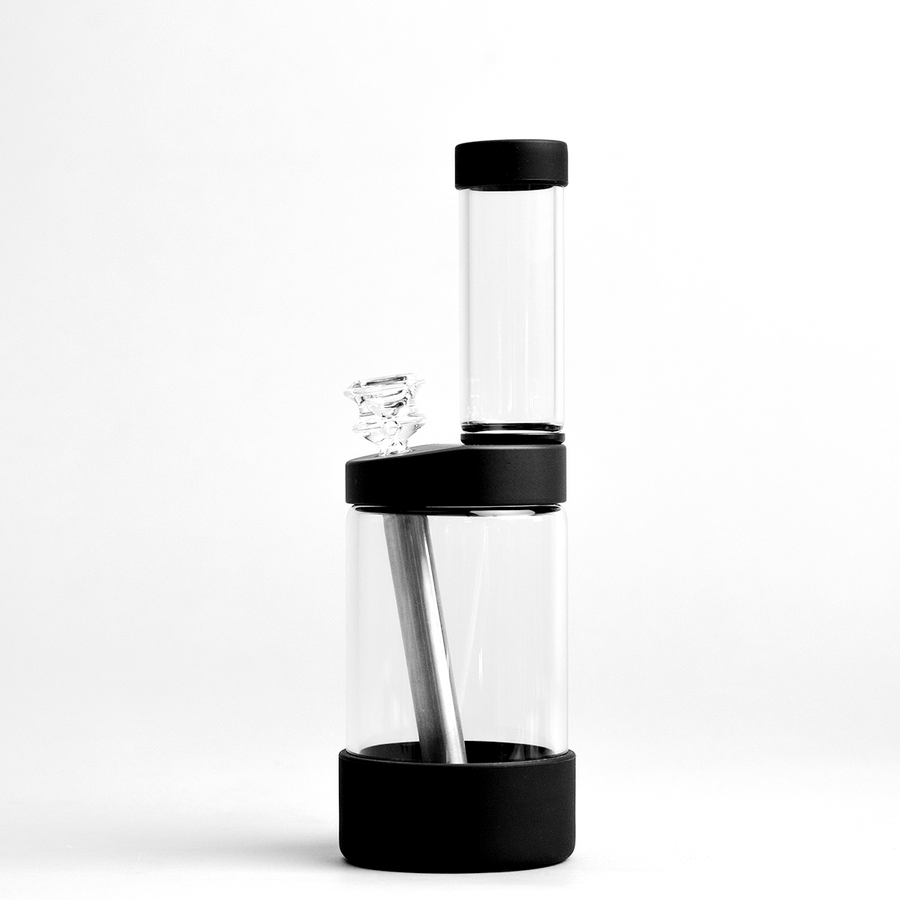
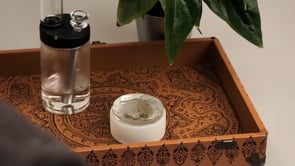
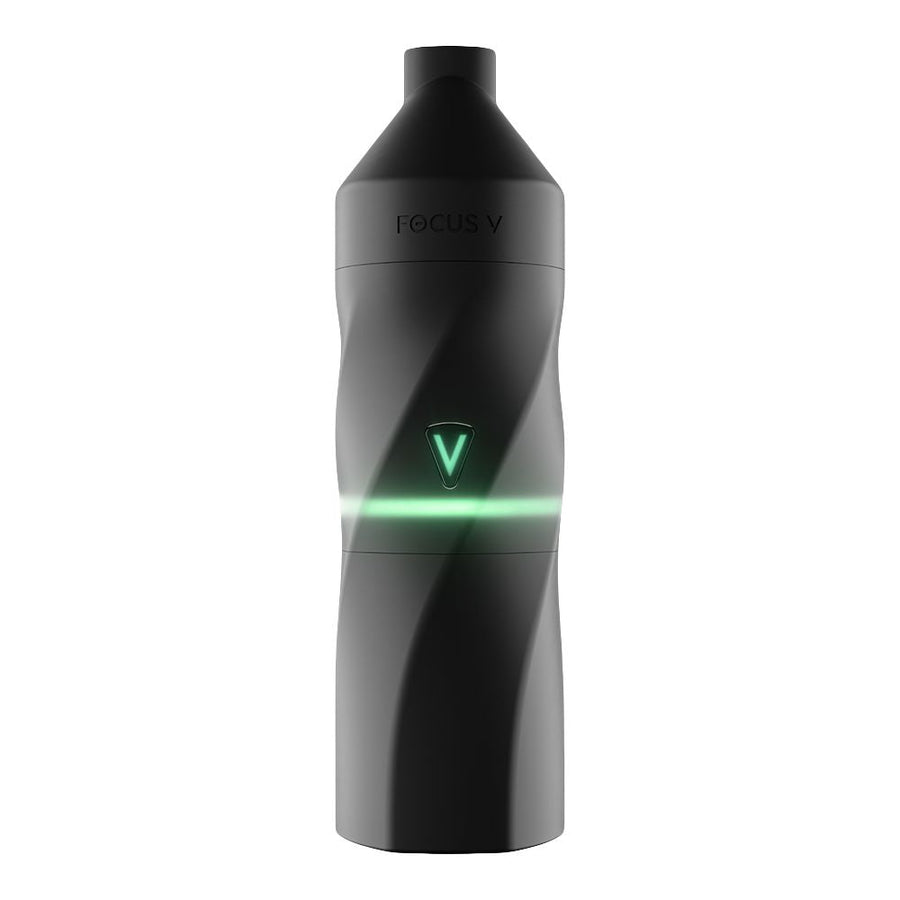
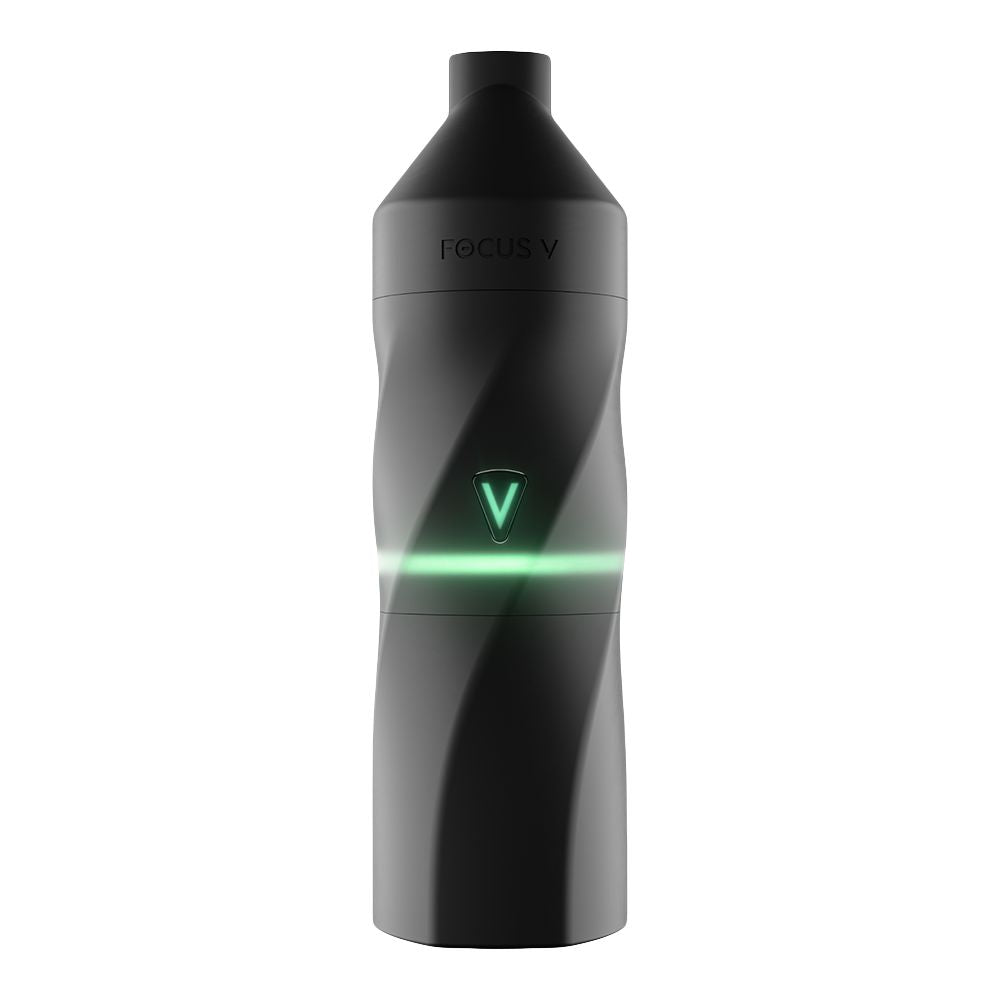
![Vessel Helix Pipe [Copper] - Headshop.com](http://www.headshop.com/cdn/shop/files/ad3c0443-b76d-4fe5-84b8-a617dd50a950.jpg?v=1747419387&width=900)
![Vessel Helix Pipe [Copper] - Headshop.com](http://www.headshop.com/cdn/shop/files/7b0e06e3-9106-4684-80e4-408362c34085.jpg?v=1747419388&width=1000)
![Vessel Wood Vape Pen Battery [White/Beechwood] + - Headshop.com](http://www.headshop.com/cdn/shop/files/4ecd5d0f-363a-454e-a7a0-229fb93bf456.jpg?v=1725470645&width=900)
![Vessel Wood Vape Pen Battery [White/Beechwood] + - Headshop.com](http://www.headshop.com/cdn/shop/files/d232e493-09e6-4574-b44c-3e2bde9425b4.jpg?v=1725470647&width=1000)
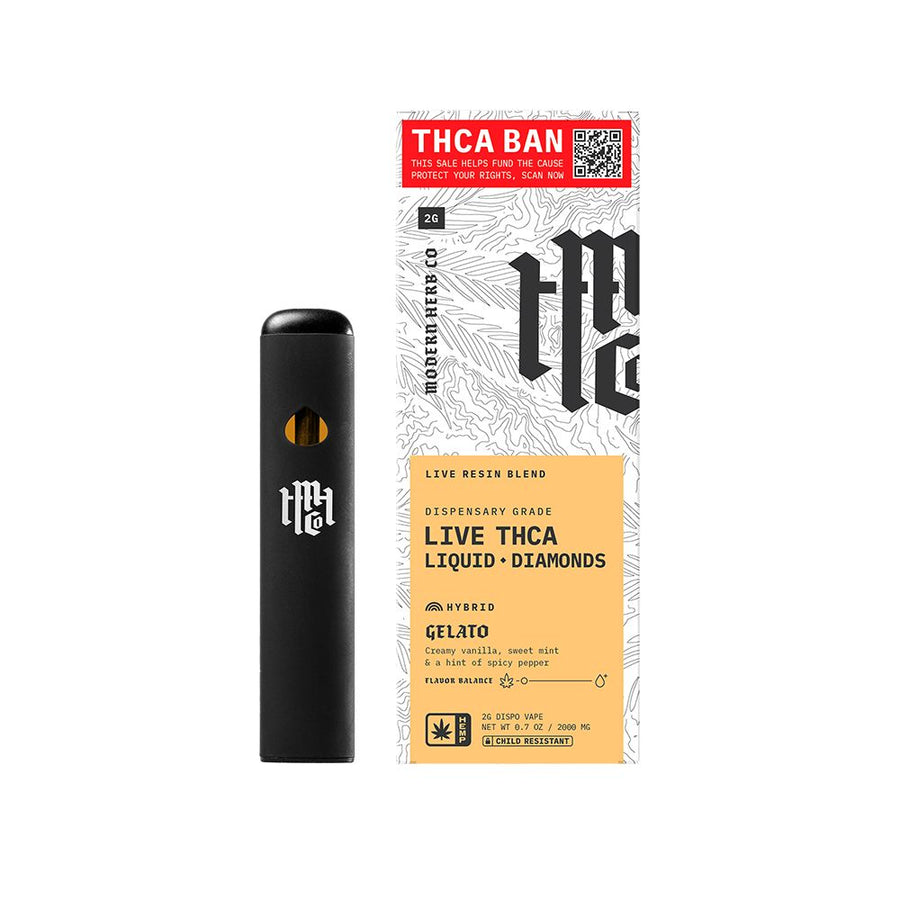
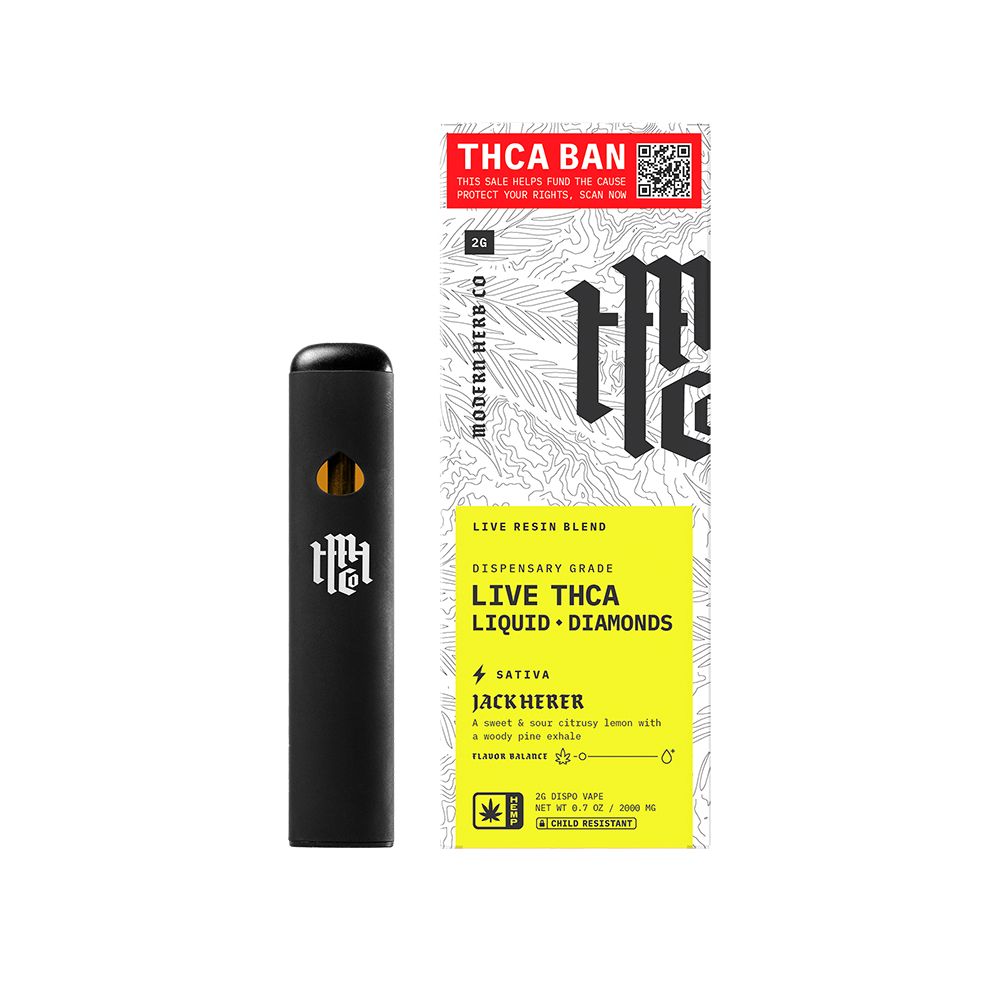
![Vessel Compass Apex Charger [Black] - Headshop.com](http://www.headshop.com/cdn/shop/files/f10e6bf4-6ce7-4a59-a50e-a4184f069754.jpg?v=1729115238&width=900)
![Vessel Compass Apex Charger [Black] - Headshop.com](http://www.headshop.com/cdn/shop/files/dce98c70-346c-405f-aca8-d59c7feed96d.jpg?v=1729115240&width=1000)
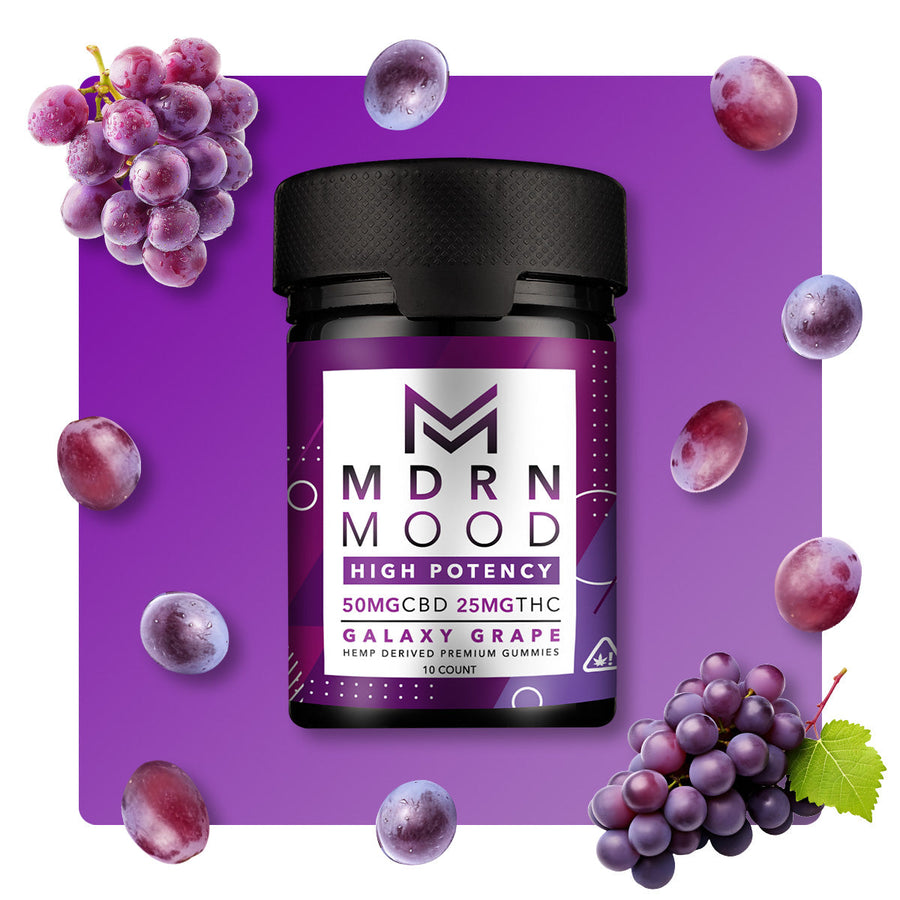
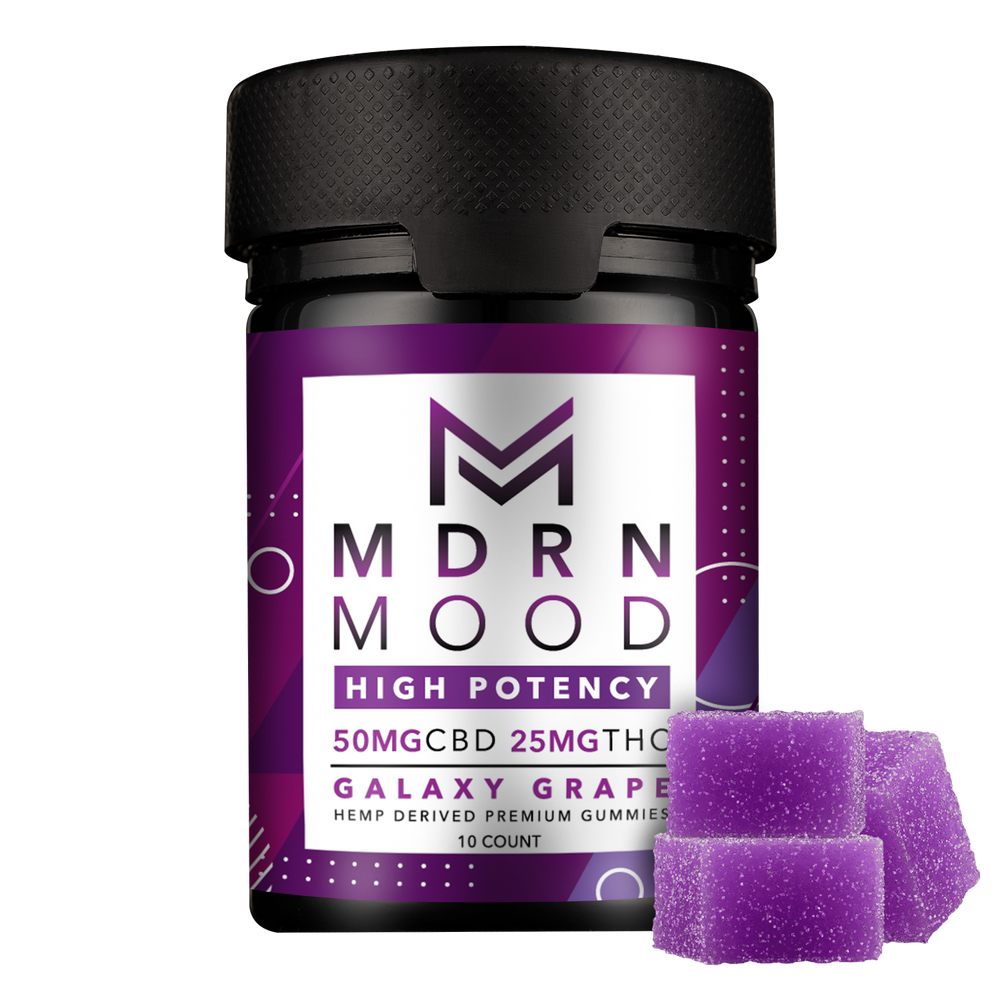
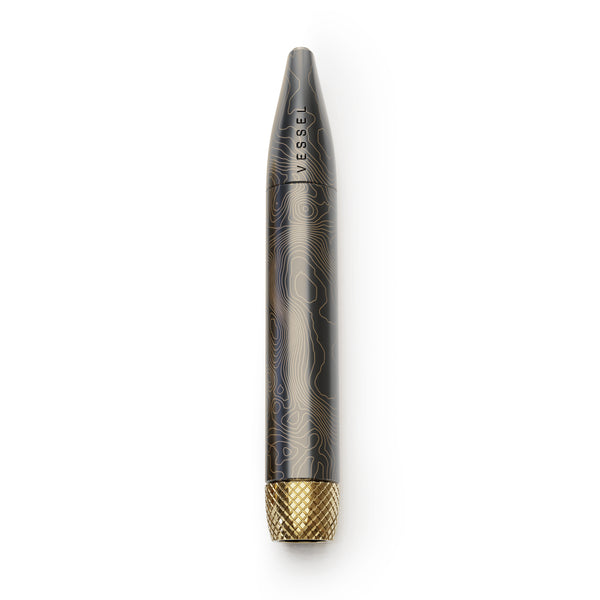
![Vessel - Mill [Beechwood] Vessel - Mill [Beechwood]](http://www.headshop.com/cdn/shop/files/MILL_GUNMETAL_BEECH_COLLAPSED_FRONT_800.jpg?v=1744308513&width=600)
![Vessel - Cone [Onyx] Vessel - Cone [Onyx]](http://www.headshop.com/cdn/shop/products/6f51074a-2173-4ab4-876d-22a84764eb5d.png?v=1679517316&width=600)
![Pipe by Vessel [Rose Gold] Pipe by Vessel [Rose Gold]](http://www.headshop.com/cdn/shop/files/Pipe_Rose_Gold_Closed.jpg?v=1744306576&width=600)
![Vessel - Air [Jade] Vessel - Air [Jade]](http://www.headshop.com/cdn/shop/products/7cd436a1-b1f0-4e01-9e52-050ad7140b56.png?v=1679506090&width=600)
![Vessel Helix Pipe [Black] - Headshop.com](http://www.headshop.com/cdn/shop/files/Pipe_Black_Angle.jpg?v=1744306153&width=900)
![Vessel Helix Pipe [Black] - Headshop.com](http://www.headshop.com/cdn/shop/files/Pipe_Black_Closed.jpg?v=1744306155&width=1000)
![Vessel Compass Rise Vape Bar [Crimson] - Headshop.com](http://www.headshop.com/cdn/shop/files/fc3fd52a-2783-4fac-bd38-bc4f2013a889_5466b32d-da71-427f-8737-bf7d7f5f2c77.jpg?v=1735253136&width=900)
![Vessel Compass Rise Vape Bar [Crimson] - Headshop.com](http://www.headshop.com/cdn/shop/files/66947a99-195c-4deb-b29e-03443ebebd5a_32c35e3d-ba1b-4d4d-a879-3886d37bddf7.jpg?v=1735253136&width=1000)
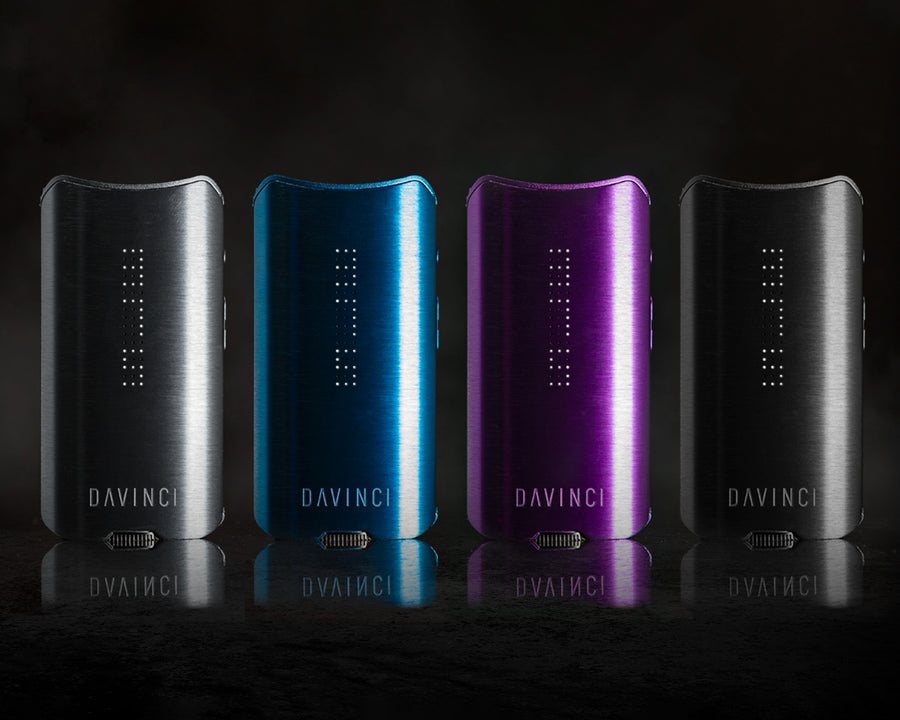
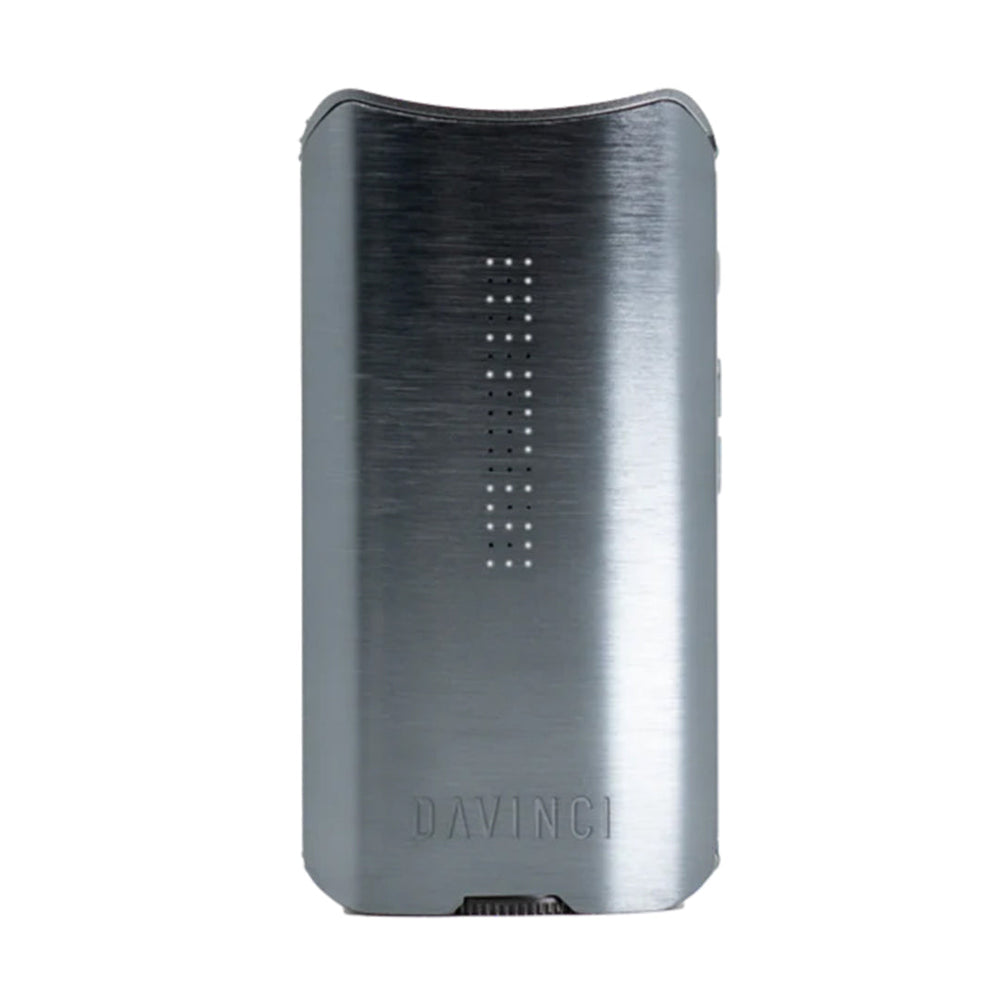
![Vessel - Ember [Gold] Astray - Headshop.com](http://www.headshop.com/cdn/shop/files/20220106_EMBER_BRASS.jpg?v=1744309601&width=900)
![Vessel - Ember [Gold] Astray - Headshop.com](http://www.headshop.com/cdn/shop/files/20220106_EMBER_BRASS_WITH_AIR.jpg?v=1744309601&width=1000)

